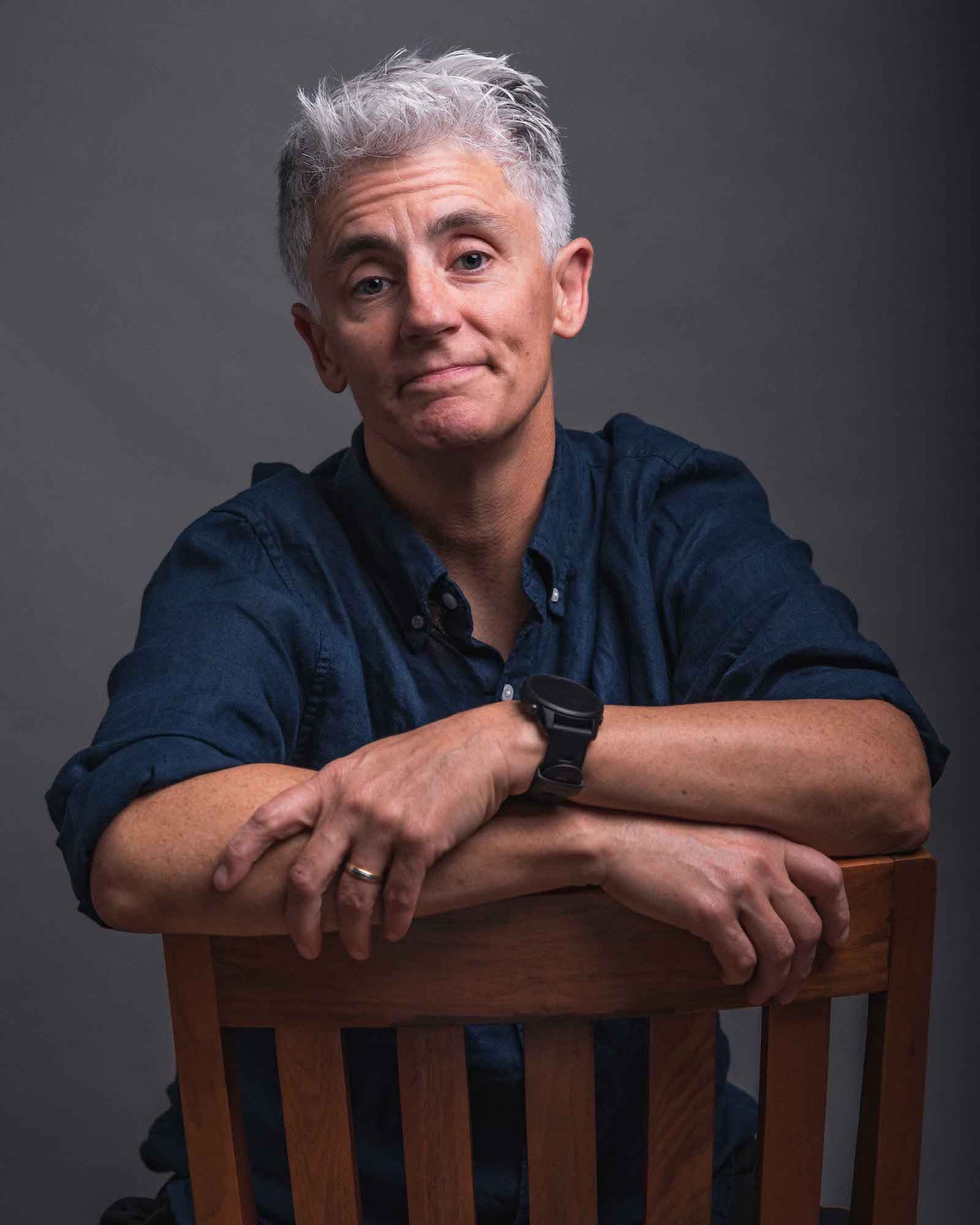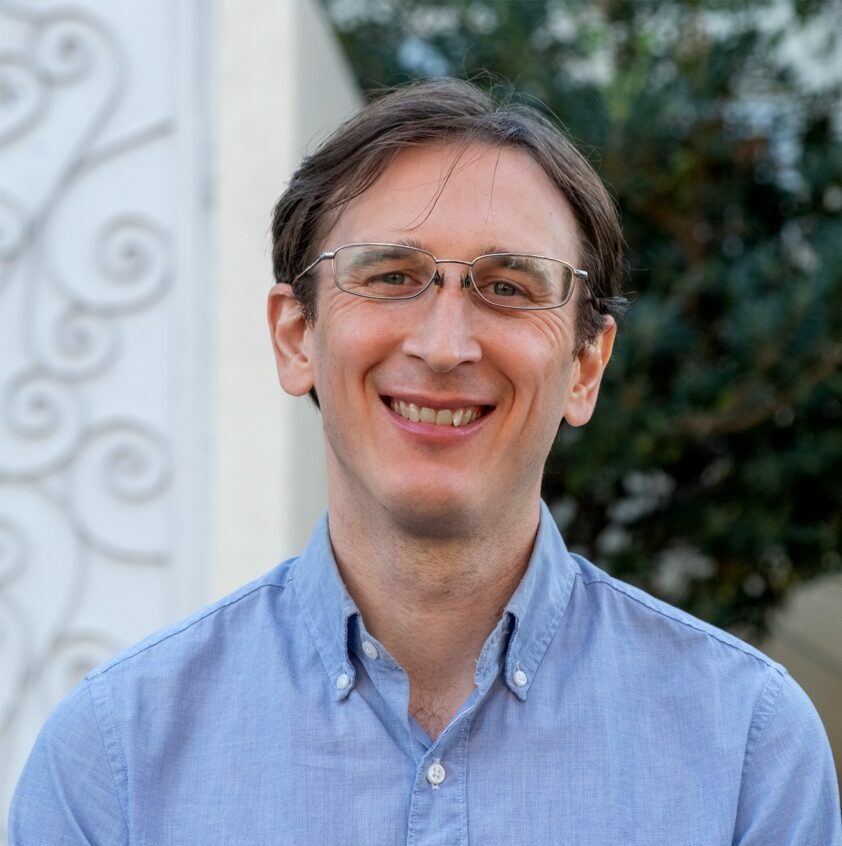We’re excited to introduce you to the always interesting and insightful Christy Warren. We hope you’ll enjoy our conversation with Christy below.
Christy, we are so deeply grateful to you for opening up about your journey with mental health in the hops that it can help someone who might be going through something similar. Can you talk to us about your mental health journey and how you overcame or persisted despite any issues? For readers, please note this is not medical advice, we are not doctors, you should always consult professionals for advice and that this is merely one person sharing their story and experience.
I grew up with very young parents who divorced when I was four years old. When I was five, my mom found a life of drugs and alcohol. Neither my mom nor dad wanted to be parents and I mostly raised myself and looked out for my younger brother. I was very close to my grandmother and I was almost set to go live with her when I was nine. Shortly after she was diagnosed with cancer that had spread all over and she quickly died. Then I began to live by the mantra of “just hang on until you are old enough to get out of this mess and never have to depend on anyone ever again.” I never fit in at school and always felt alone and lost, although I was successful in playing sports. Fast forward to the age of nineteen and when I became a paramedic. I had finally found my true calling and LOVED this job. I fit in and I was good at it. I worked for a private ambulance company in a very trauma-filled and busy 911 system. We ran calls with the fire department and I really got to see what they do and decided, I want to do that. I became a firefighter and also fell in love with that job. I had somewhere I belonged, was valued, and mattered. Where else can you matter more than in saving someone’s life? I prided myself on being tough, strong, and invincible. Back then if you asked me what the worst thing that could ever happen to me, I would have answered, “To develop some weakness that made me unable to do my job and not be self-reliant.” Twenty-five years after I began my career, exactly that happened, I was diagnosed with PTSD. I was in for the fight of my life. I tried to continue to work for several months and almost killed myself because I could not take the pain and the shame of “being weak” anymore. I realized in order to save my life, I was going to have to ask for help and take some time off from being “strong” and heal.
The first key to healing was actually asking for help. First responders never ask for help – we are the ones people call to help and we are inherent caretakers. The next was to talk about my shame with other first responders who were going through the same thing I was. I went to a retreat specifically for first responders with PTSD. There I learned that I was not alone as I had always thought I was the only firefighter going through this. So many first responders struggle with mental health! I also learned that PTSD is an actually physiological injury. Your nervous system brain has been injured through significant or repeated trauma. All those symptoms are because our brains and nervous systems have been injured NOT because we are weak. I had also always looked at taking psychiatric medications as being only for the weak. Once I learned how our mental health is truly our brain health, I realized that for many situations taking psychiatric medications is no different than taking insulin for diabetes.
Perhaps the biggest obstacle I had to healing was having to overcome the way I thought of myself. I believed, deep in my heart, that I was inherently bad – that I was unworthy of love and happiness. I know I developed this belief as a child. My brain had wired itself to believe this due to my parent’s lack of love and also being molested at six years old. I remember telling my therapist that I didn’t think I could ever overcome this because I truly believed I was no good. I had to rewire my brain into a new way of thinking. This meant telling myself I am worthy of love and happiness, that I am enough just the way I am, over and over and over – regardless of whether I believed it or not. After telling myself this and journaling about it finally, my thoughts began to change. I believe that is where most of the work lies, in rewiring your brain to love itself and feel gratitude instead of loss and aloneness.
It has been a long road but I can honestly now say that PTSD was the best thing that ever happened to me. Even though I had to cut my career short and put my friends and family through difficult times, I was forced to deal with so many things that had happened to me and I have learned to ask for help. I now realize how being vulnerable is not a weakness but an incredible strength.
Let’s take a small detour – maybe you can share a bit about yourself before we dive back into some of the other questions we had for you?
When I went through PTSD there were very few resources available and certainly almost no one in the fire service talked about mental health. When I got better I became passionate about changing the dialogue from “suck it up buttercup” to “It’s ok to ask for help!” The more we talk about it the weaker the stigma gets and the fewer first responder lives we will lose. First responders are more likely to die by suicide than in the line of duty. This has to stop. I also have always loved to write. I wrote a memoir called “Flash Point: A Firefighter’s Journey Through PTSD” to help first responders and also educate the public as to what we do and what we struggle with.
If you had to pick three qualities that are most important to develop, which three would you say matter most?
I think my oversized tenacity, grit and fear of failure kept my wheels in motion to get through my mental health struggles. PTSD is no easy feat to overcome. I have always been one to put my head down and plow through whatever it is I need to get through to get to the side I want to be on. There were many times where I took two steps forward and one step back or I fell completely on my face, but I just kept getting back up and taking another step. I want people who are struggling to know there is hope and there is another side! No matter how hard or hopless your situation gets, you can get through it and life will get better. I used to constantly tell myself, “This will NOT last forever.”
Who has been most helpful in helping you overcome challenges or build and develop the essential skills, qualities or knowledge you needed to be successful?
I would certainly not be where I am without my wife. I put her through hell and she stuck by me. I’d also have to include my nieces — they were young and had no idea what was going on with me, but their unconditional love regardless of how horrible of a day I was having gave me fuel to keep going. My therapist was so instrumental in helping me learn how to find value and worthiness in myself. I needed these people to believe in me when I couldn’t.
Contact Info:
- Website: https://www.christyewarren.com/
- Instagram: https://www.instagram.com/ffdeconstructed/
- Linkedin: https://www.linkedin.com/in/christy-warren-17a978186/
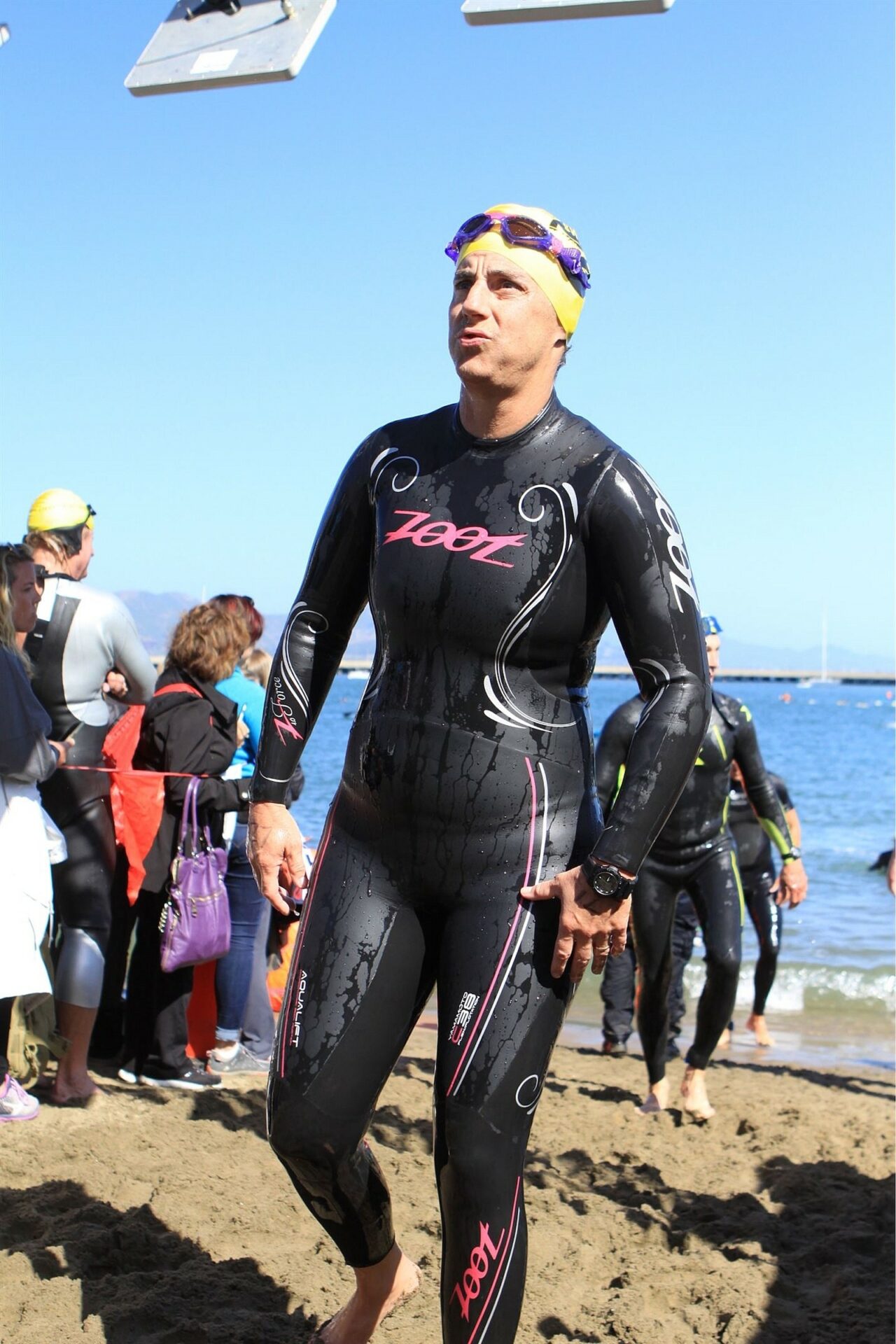

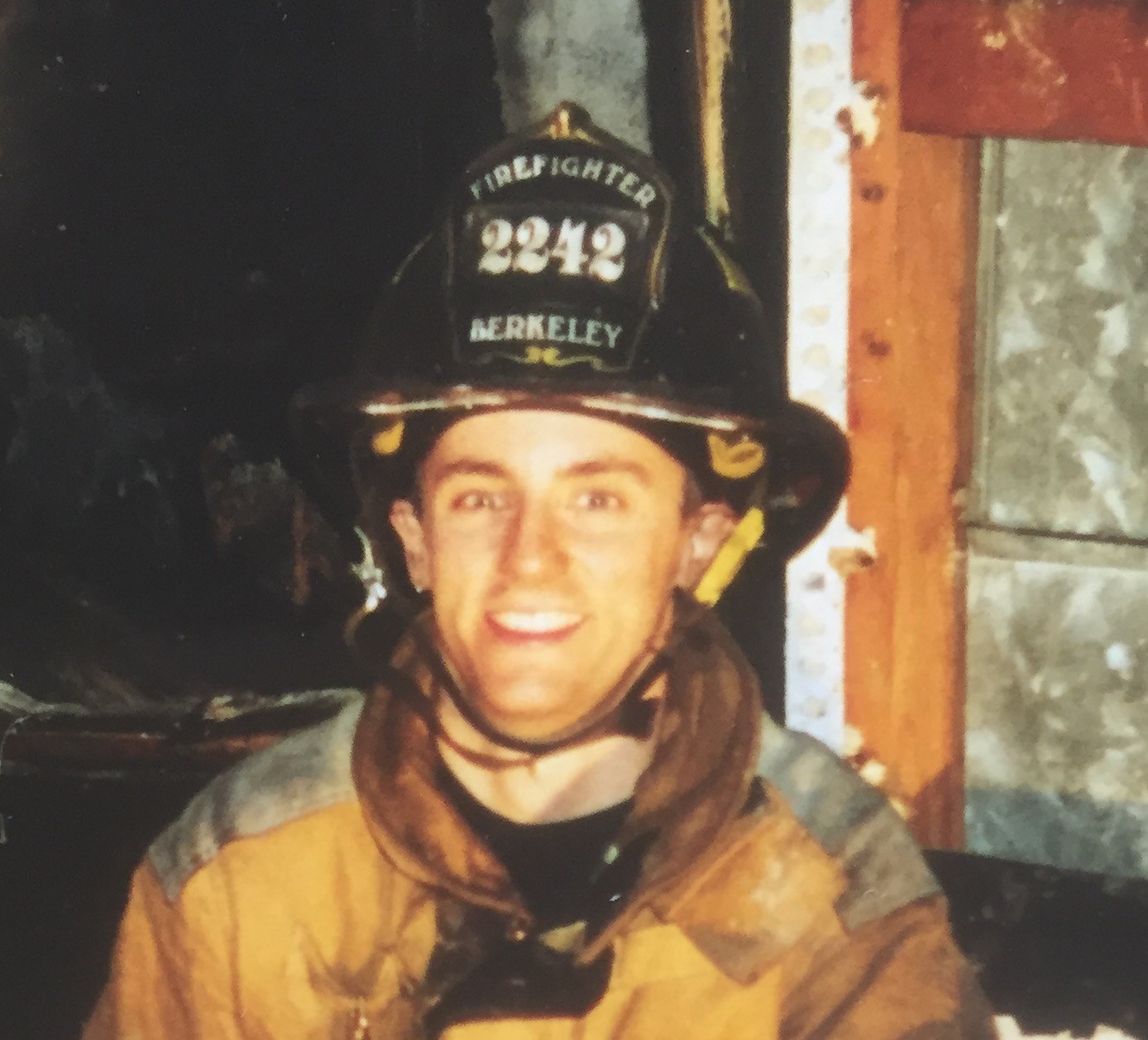


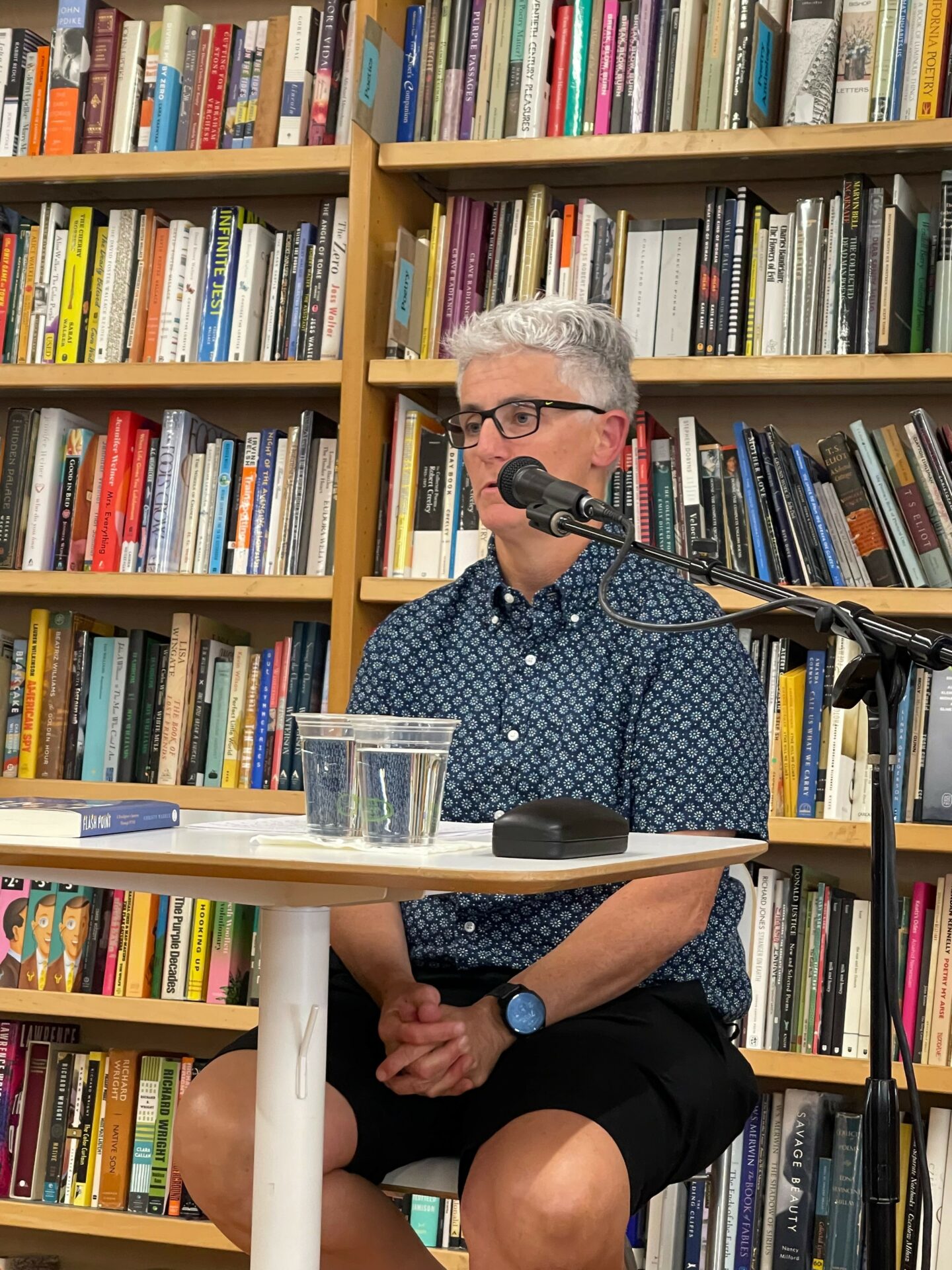
Image Credits
The initial single photo was done by Kevin Neilson

